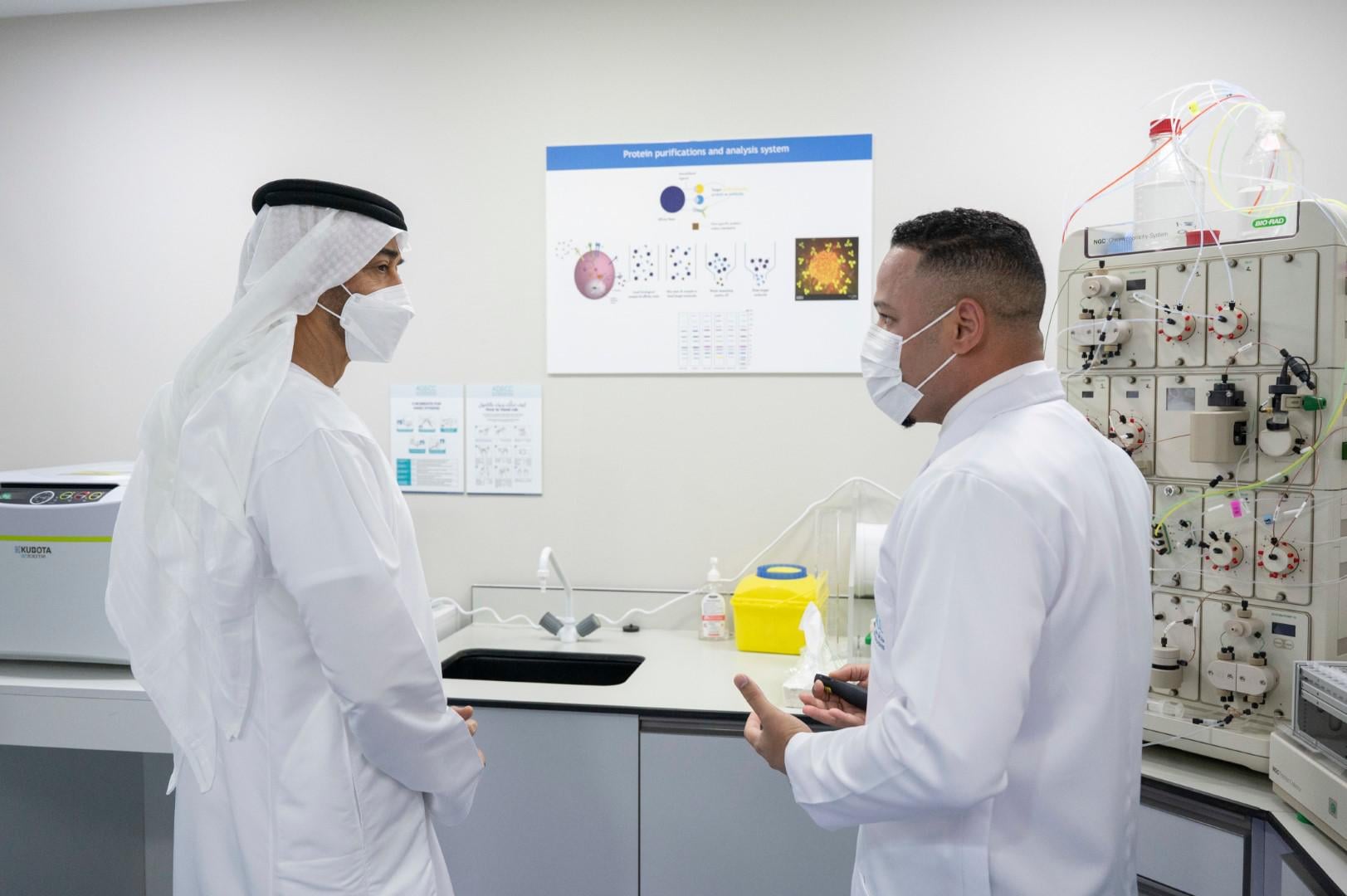Abu Dhabi Stem Cells Centre could herald new era of personalised medicine
Scientists at the Abu Dhabi Stem Cells Centre believe they are on the verge of a major breakthrough in cancer treatment.
The centre’s team have achieved a medical milestone by isolating tumour-infiltrating lymphocytes (TILs) from breast and lung cancers for the first time in the UAE, state news agency Wam reported.
The treatment could serve as an alternative to chemotherapy, which affects healthy and cancerous cells. TIL therapy involves extracting immune cells from a tumour sample, multiplying them in a controlled laboratory environment and administering them to the patient to attack cancer cells directly.
This is set to enable the centre to launch the country’s first programme dedicated to developing TIL therapy. This form of immunotherapy uses a patient’s own immune cells to target and destroy cancer and the project represents a new era in personalised medicine, Wam said.
The therapy turns a patient’s tumour into a personalised cancer-fighting system, serving it as a “living therapy tailored to the individual”, said Dr Zaima Mazorra Herrera, a lead scientist at the Abu Dhabi Stem Cells Centre.
The approach has shown promising results in treating melanoma and offers some hope for patients with advanced solid tumours, including lung, cervical and head and neck cancers.
Abu Dhabi Stem Cell Centre – in pictures
Building this expertise locally eliminates the need for patients to travel abroad for treatment and contributes vital research data to the global scientific community, the centre’s chief executive, Prof Yendry Ventura said.
Cutting-edge care
The centre, which opened in December, 2019, has been central to the UAE’s efforts to embrace innovation and advanced technology to enhance health services available to the public.
The facility has delivered essential support over the years to patients facing a range of serious conditions, from various forms of cancer to multiple sclerosis.
In May, The National told of how researchers at the stem cell centre had received encouraging results in their work to find a cure for Type 1 diabetes.
The most promising development is focused on regenerating the pancreas using stem cells and is part of a collaboration with Kyoto University and research company Rege Nephro.
“We’re very optimistic that in the next couple of years, we’ll have something solid to offer patients,” Prof Ventura said at the time.
“This isn’t just stem cell therapy – it’s an approach to regenerate the pancreas itself using a specific type of engineered cell.”




